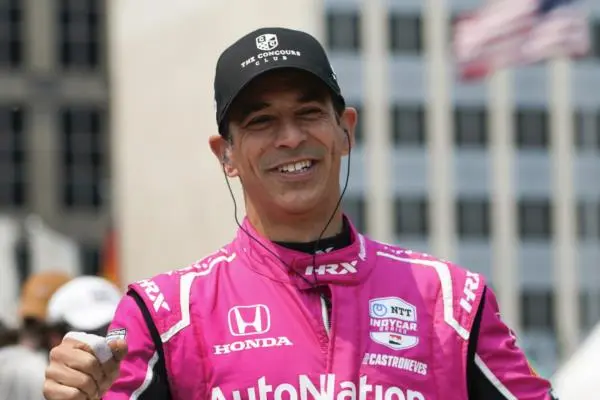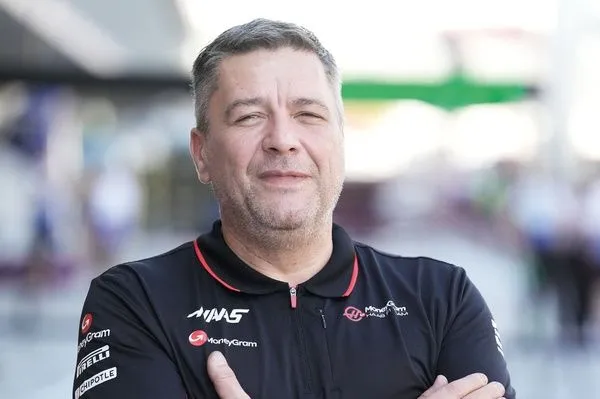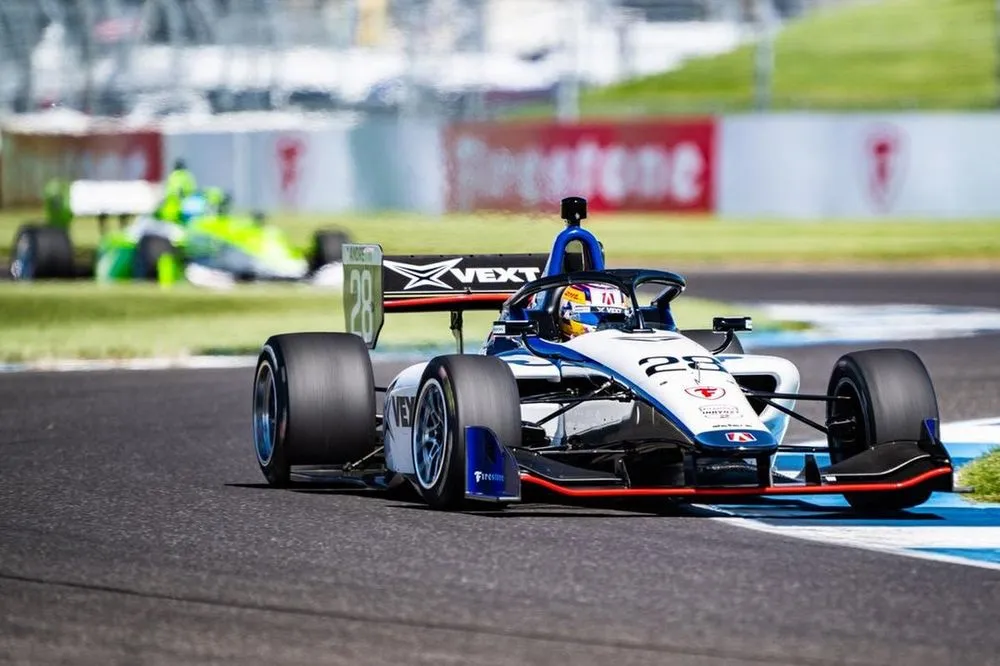More changes are afoot in NASCAR on Friday, the series published a rules bulletin for 2025, touching on various parts of the sport that have been sore points for players and spectators, and some surprises as well. Here's what's been added, and what it means for everyone in the garage this next season.
A Guaranteed Berth Via The Open Exemption Provisional
NASCAR has established the Open Exemption Provisional or OEP, which will ensure a starting position for "world-class drivers who enter a NASCAR Cup Series race." Any driver exploiting this provision will not be eligible for points or prize money. Of note, if a driver in a race via the OEP wins, second-place will actually earn first-place points but not the playoff bonus points. This goes downward through the results with third collecting second-place points and so on.
NASCAR verified that this move means four-time Indianapolis 500 champion Helio Castroneves is now secured for the Daytona 500. He will make his Cup debut with Trackhouse Racing Team in the Project 91 entry. He may still race his way in on merit, but utilizing the provisional would boost the 500 field to 41 cars.
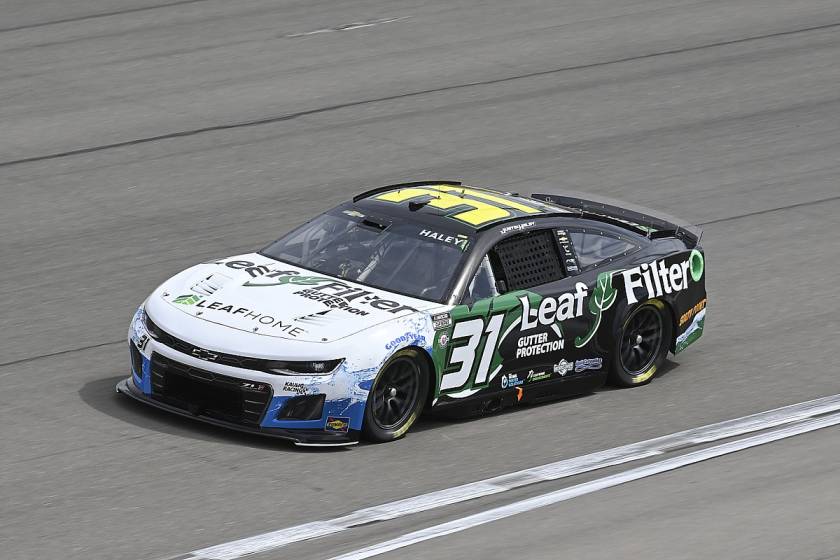
Eligibility will be assessed on a case-by-case basis, but each driver's resume will be a big component in NASCAR's final decision. Recent examples of drivers who would have likely been eligible for the OEP are Kimi Raikkonen, Jenson Button, and Kamui Kobayashi. Full-time NASCAR drivers cannot use the OEP, and the provisional must be requested 90 days before to an event.
Damaged Vehicle Policy Reform
A topic of dispute on multiple times, NASCAR's DVP, will be entirely redesigned for the 2025 season. Previously, every damaged car that required to be hauled was instantly out of the race. This proved an issue as completely drivable vehicles with flat tires were unable to move after simple spins, and required to be towed back, throwing them out of the race. Now, damaged cars can be hauled to the garage and yet return to the race later on. Per the language of the regulations advisory, automobiles with flat tires will also be hauled to the garage to be mended as well.
The DVP clock remains in play for teams trying to make repairs on pit road. But unlike prior years, when the time expires, the car isn't removed from competition. The crew must transport it back to the garage so they may proceed with more repairs.
Playoff Waiver Modifications
NASCAR's postseason waivers have been given for different causes over the years. In virtually every case, the driver remained eligible for the playoffs regardless matter the rationale for the waiver request. A recent example of note was Kyle Larson, who missed the Coke 600 while making his Indy 500 debut in 2024. Now, NASCAR will penalize individuals who seek playoff exemptions beyond medical reasons. Exceptions could include the birth of a child, a family emergency, or age limits.
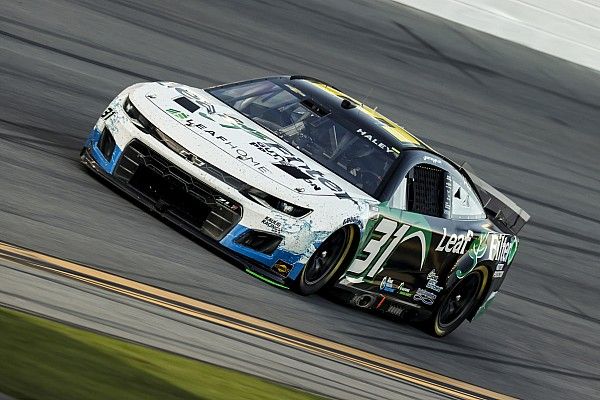
Should a driver skip a race in the fashion Larson did in 2024, they can still earn a waiver but will forfeit all of their playoff points. That implies that they won't be able to hold onto any playoff points collected up to that point in the season, nor will they be able to acquire any future postseason points. They will start the ten-race postseason with 0 bonus points.
Read Also: Good Things On The Horizon For NASCAR Practice
Race Manipulation Crackdown And Suspensions
Last year, a big scandal emerged in the last race of the year as manufacturers tried to alter the outcome of the race in an effort to get their car into the Championship 4. This resulted in hefty penalties for all of drivers and teams involved, but not the manufacturers themselves.
NASCAR will now take aim at the manufacturers themselves should an instance of race tampering like this emerge again. They risk losing manufacturer points, wind tunnel hours, and potentially RCFD runs. NASCAR has also altered the relatively ambiguous 100% rule, which said that participants must compete at 100% of their abilities with the purpose of reaching the highest possible finishing position. Now, the rule's phrasing is focused more explicitly on altering the outcome of a championship event.
Additionally, NASCAR will enable the postponement of penalties that are a consequence of a technical infringement without appealing. Previously, an appeal had to be made before the deferral could happen. However, all other bans will be made effective immediately.
